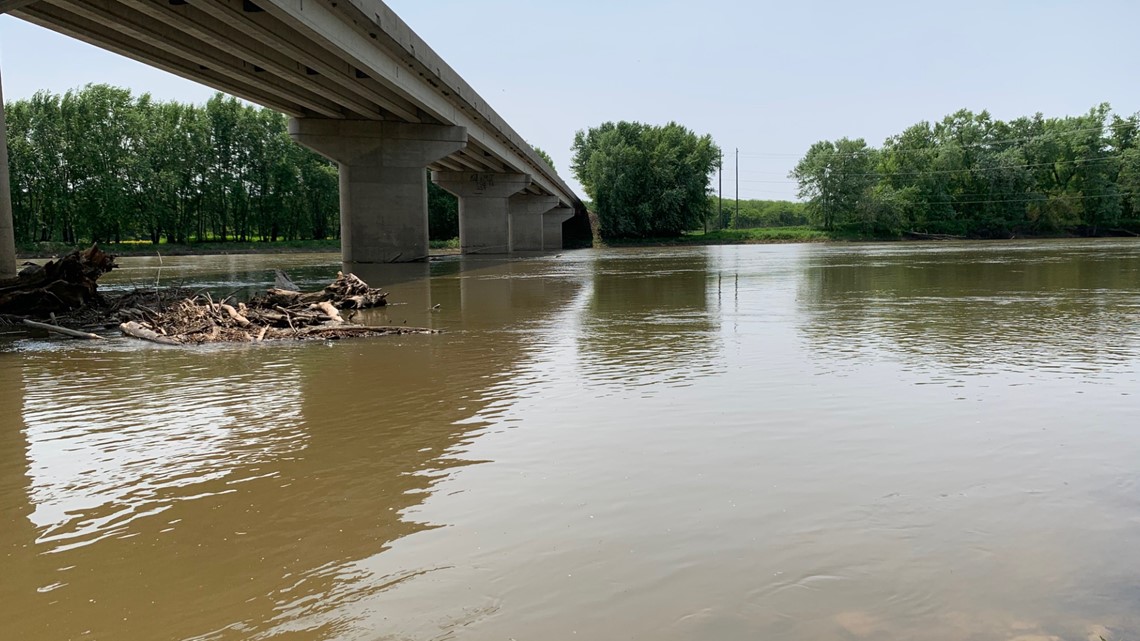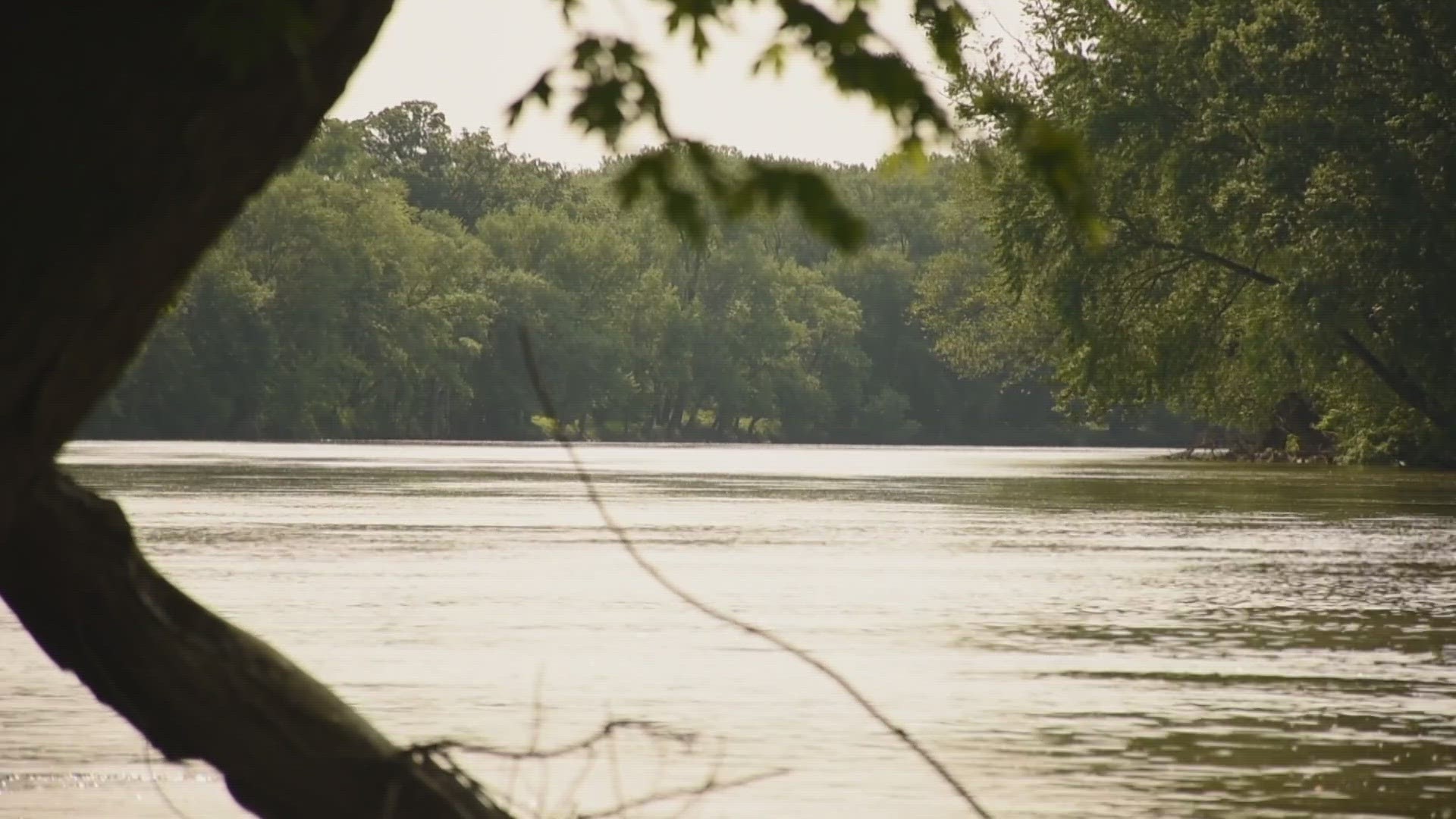LAFAYETTE, Ind. — State lawmakers near Lafayette are stepping up the effort to protect their community's water supply.
It stems from a controversial pipeline project that would divert billions of gallons of water each year from that area and move it 35 miles down the road to Boone County.
The pipeline would provide water for a massive new business campus near Lebanon the state has been working on called the LEAP District. LEAP stands for Limitless Exploration/Advanced Pace and encompasses nearly 9,000 acres to attract businesses to Indiana.
Currently, there is no law that says the state cannot divert the water to Boone County. But people who live in the Lafayette area have voiced concerns about what it would do to their own water supply, including rural wells.
“I think one of the biggest issues and the biggest concerns so many of us have is that we just don't know what kind of impact this could have,” said State Rep. Christine Campbell, who represents West Lafayette.
The Indiana Economic Development Corporation is doing testing and announced in September that initial results suggest the project is feasible. They said the aquifer under the river is deeper and wider than originally thought, and it would not impact water supplies along the Wabash River in Tippecanoe County.


Campbell said she's concerned about questions over the long-term impact of the area. She is drafting legislation that would require long-term monitoring of area wells before a project is approved.
“What type of legislation I am looking for is to slow things down a bit, take a look at things and monitor the area. We need to study those areas and what we see,” Campbell said. “It’s difficult for me to say I'm opposed or in support of something when I just don't have the (long-term) information.
"There's no complete answer here yet, and we really need that," said State Rep. Sharon Negele, who represents part of west central Indiana, including West Point and Shadeland. "I think everyone also needs to feel comfortable there is a permitting process and making sure they are well protected. So my bill addresses that."
Negele and Sen. Spencer Deery are working together on legislation that would require public notice, public hearings, a feasibility study and a peer review of a feasibility study for any proposed large quantities of water transfer from one part of the state to another.


"I'm not against the (current) project. I'm just guarded in making sure that my citizens ... are well protected in this and there's not overdrafting of water to take care of another part of our state," Negele said.
"As you have more people, more and more businesses needing large amounts of water, we've got to make sure our water resources are managed effectively, and we really need a traffic cop," Deery said. "Even beyond this project, we need to get those (regulations) in place so we don't end up like some of those states that are having massive water problems."
IEDC said it's still doing more testing, and results will be shared with independent experts by the end of the year.

